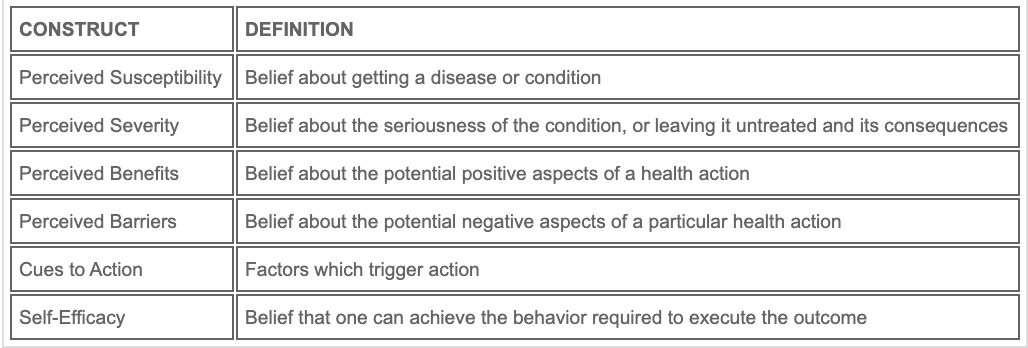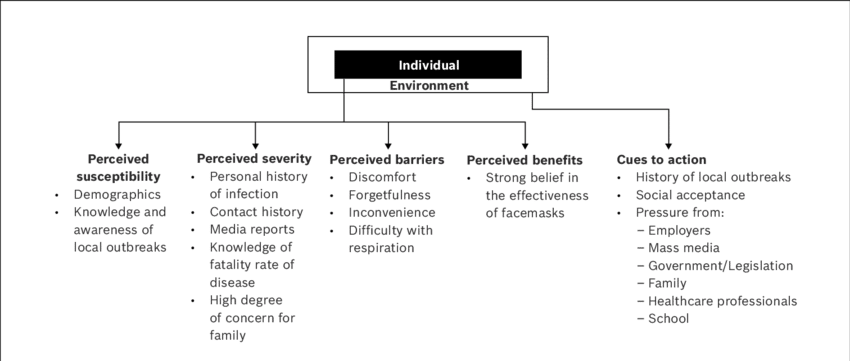The ten points of the Nuremberg Code
1) The voluntary consent of the human subject is absolutely essential.
10/n
More from Abir Ballan 😊
A brief tutorial in health education to show you how sound health education models have been used for manipulation instead of creating health awareness during the COVID 19 pandemic. We'll uses masks as an example of a health behavior.
Are you ready to explore? 1/n
The Health Belief Model (HBM) consists of 5 components: perceived threat (lethality + Susceptibility),
perceived benefits,
perceived barriers and
cues to action.
Familiarise yourself with the definition of each concept in this table. 2/n
https://t.co/1tOz1cJFvc

Study this diagram to understand how the components are interrelated. 3/n
https://t.co/iUoaqNkgyP

Now let’s apply this to the COVID 19 pandemic.
Review this diagram to see how the HBM applies to the behaviour of mask-wearing.
“perceived susceptibility appeared to be the most significant factor determining compliance” 4/n
https://t.co/xF6uwUx12N

Part I: The HBM
Increase the perceived threat of a disease
1) increase perceived severity: Confusing the general public with CFR & IFR- 2 indicators that are an order of magnitude apart.
People understood wrongly that the fatality rate of C19 is
Are you ready to explore? 1/n
The Health Belief Model (HBM) consists of 5 components: perceived threat (lethality + Susceptibility),
perceived benefits,
perceived barriers and
cues to action.
Familiarise yourself with the definition of each concept in this table. 2/n
https://t.co/1tOz1cJFvc

Study this diagram to understand how the components are interrelated. 3/n
https://t.co/iUoaqNkgyP

Now let’s apply this to the COVID 19 pandemic.
Review this diagram to see how the HBM applies to the behaviour of mask-wearing.
“perceived susceptibility appeared to be the most significant factor determining compliance” 4/n
https://t.co/xF6uwUx12N

Part I: The HBM
Increase the perceived threat of a disease
1) increase perceived severity: Confusing the general public with CFR & IFR- 2 indicators that are an order of magnitude apart.
People understood wrongly that the fatality rate of C19 is
"Globally, about 3.4% of reported #COVID19 cases have died. By comparison, seasonal flu generally kills far fewer than 1% of those infected"-@DrTedros #coronavirus
— World Health Organization (WHO) (@WHO) March 3, 2020
























